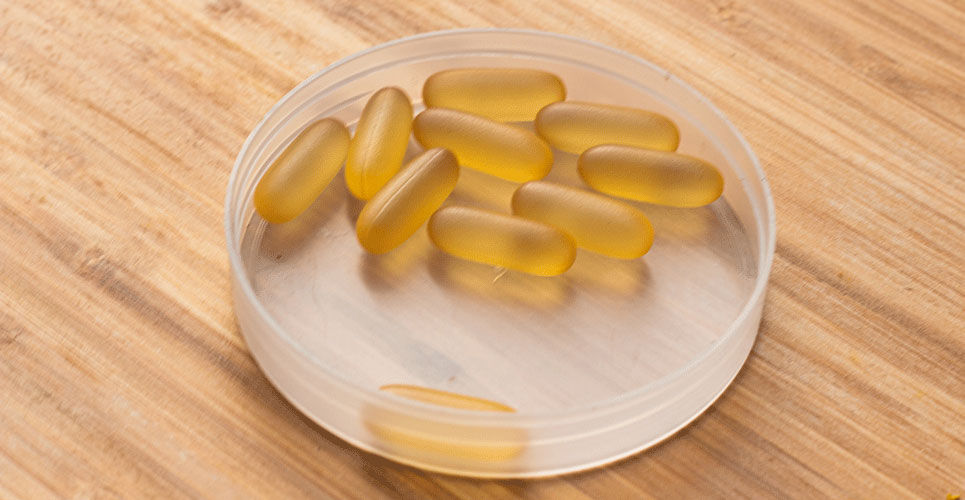A purified EPA formulation lowered adverse cardiovascular events in those with coronary artery disease (CAD) compared to a control group
The use of a highly purified eicosapentaenoic acid (EPA) formulation in patients with coronary artery disease concurrently taking statins, reduced the incidence of adverse cardiovascular outcomes such as myocardial infarction and stroke compared to a control group not taking the formulation, according to the findings of a study by Japanese researchers presented at the American Heart Association (AHA) conference in Chicago.
Statin therapy leads to a reduction of cardiovascular events in both primary and secondary prevention. Since no treatment is fully effective in all patients, one therapy that has attracted interest over many years has been the omega-3 polyunsaturated fatty acids (PUFAs). However, recent studies with PUFAs have been contradictory with one trial in patients with elevated triglyceride levels despite the use of statins, finding that the risk of ischaemic events, was significantly lower among those who received 2 g of icosapent ethyl twice daily (a highly purified EPA) than among those who received placebo. In contrast, a second trial, again in statin-treated patients, concluded that the addition of omega-3 to usual background therapies resulted in no significant difference in a composite outcome of major adverse cardiovascular events.
Due to these contrary findings, The Japanese team sought greater clarity of the role of PUFAs and presented data from the Randomized Trial for Evaluating the Secondary Prevention Efficacy of Combination Therapy – statin and EPA (RESPECT-EPA) trial. Participants, all of whom had chronic coronary artery disease and were treated with statin therapy, were randomised to highly purified EPA (1800 mg/day) or control groups (i.e., no EPA therapy) and the primary endpoint was cardiovascular death, non-fatal myocardial infarction, non-fatal ischaemic stroke, unstable angina pectoris, and clinically indicated coronary revascularisation. A further inclusion criterion was a low EPA/arachidonic acid ratio (< 0.40).
Highly purified EPA and cardiovascular outcomes
A total of 2506 participants with a mean age of 68 years (17% female), of whom 45% had diabetes, were included and randomised to the highly purified EPA (icosapent ethyl 1800 mg daily, n = 1,249) or control and followed for 5 years.
The primary outcome occurred in 10.9% of the icosapent ethyl group vs. 14.9% of the control group (p = 0.055). For the secondary outcomes, sudden cardiac death, myocardial infarction, unstable angina, or coronary revascularisation, this occurred in 8.0% in the icosapent ethyl group vs. 11.3% in the control group (p = 0.031). However, there was a higher incidence of gastrointestinal disorders in the icosapent ethyl group (3.4% vs 1.2%, p < 0.001).
The authors concluded that among Japanese patients with chronic coronary artery disease and treated with statin therapy, icosapent ethyl may be associated with a reduction in adverse cardiovascular outcomes.
Citation
Bavry AA et al. Randomized Trial for Evaluation in Secondary Prevention Efficacy of Combination Therapy–Statin and Eicosapentaenoic Acid – RESPECT-EPA. Presented at the American Heart Association Scientific Sessions, Chicago, IL, November 6, 2022

